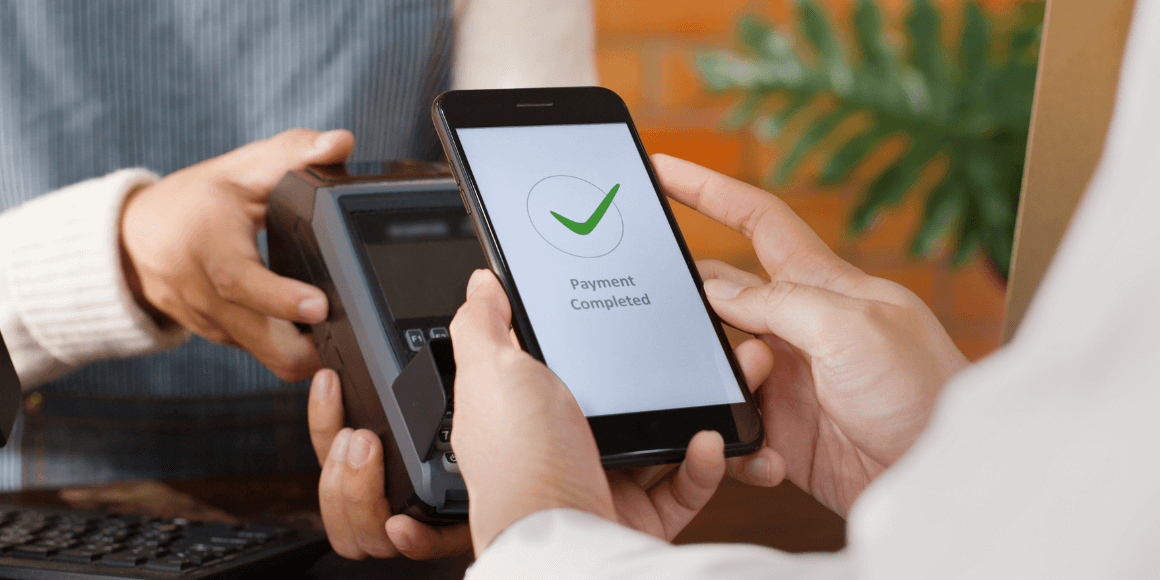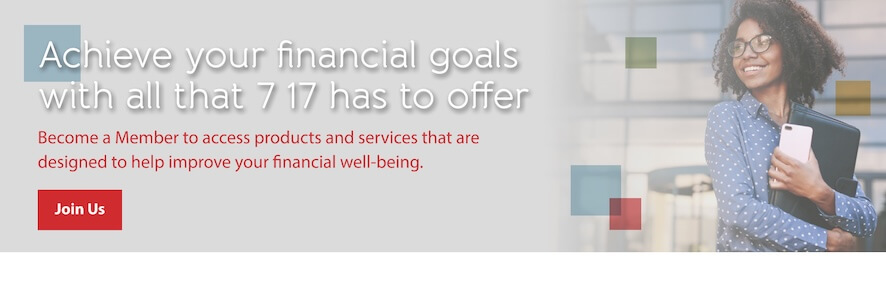- Francesca Sacco
Are digital wallets safe?

*This is the second installment of a three-part blog series focusing on digital wallets. Check back for more information.
The way people buy products is changing as more and more people embrace digital technology.
With a simple wave or tap of your smart phone or watch, you can purchase items, eliminating the need to pull out your card or pay with cash.
Digital or mobile wallets offer more convenience and safety, but many people are apprehensive to embrace them.
According to a 2018 analysis from Bain Research, digital wallet adoption rates are hovering at roughly 10% in the United States. Elsewhere – more than 80% of consumers in China used a digital wallet – people’s adoption of the technology has exploded.
While there are other factors that play a role in Americans’ reluctance to use such devices, the biggest factor appears to be trust. Only 12% of consumers say that they trust alternative payment providers to protect their personal and financial data, according to a 2017 American Banker survey. So are digital wallets safe?
Are digital wallets safe?
Despite what you have heard about data breaches, using a digital wallet can be more secure than relying on cash and cards.
Think about it. If you lose your wallet, it’s gone. While you can call and cancel any cards you were carrying, if you were carrying cash, you (most likely) won’t get that back. It’s a different story if you have your information stored in a digital wallet app. Even if your smartphone or smart watch is stolen, it will be harder for thieves to access your information thanks to biometric authentication (a thumbprint or facial scan to unlock your device). Although you’ll be out a phone, any information stored on the cloud can be easily transferred back into a new phone.
When you use PayPal, Venmo or a Cash App account, all of your financial activity is encrypted. Essentially, your transaction data is wrapped in a randomly generated code that conceals it and renders it useless if commandeered by hackers. If you have a PayPal profile, all your data is stored on a firewall-secured server that doesn’t have a direct connection to the internet (for enhanced safety).
If you’re using Apple Pay, your credit card information is hidden in a randomly generated numeric code, which is known as a token. Your credit card number never appears in a merchant’s database. Instead, it is a randomly generated and useless code, or token, that sits on their database.
Digital wallet apps also deploy a technique known as sandboxing. This occurs when the app is isolated from every other app on your phone; therefore, it only interacts with tools and resources within its “sandbox.”
How to use digital wallets safely
Hackers are creative, which means that they can find cracks even in the best defenses. Spyware can infect your mobile device and record your keystrokes or other behaviors on the phone. Malware can still be a force. Backdoor attacks are used to subvert security protocols and allow outsiders to move in and out of your system undetected.
To be safe, only download trusted, verified apps to your phone. A viral selfie app can be fun, but it could compromise your phone. Also be sure to steer clear of suspicious emails and text messages. When conducting financially sensitive or personal business, make sure you’re not connected to public Wi-Fi. Not only could the network be a rouge network set up to specifically gain access to your device, public connections are also vulnerable to hackers intercepting the connection between your device and the public Wi-Fi router. Creative hackers can clone a payment app’s website (known as spoofing), tricking you into entering your login information to the fake site.
Be sure to do your banking and other financially sensitive tasks on a private, secured network to prevent app spoofing and other tricks that expose weaknesses in public networks. You can purchase software to set up a secured connection wherever you are to encrypt your data on a public network. Losing your phone can be like losing your wallet if you’re phone hasn’t been properly secured. Be sure to set up biometric authentication on all your devices or at least lock you phone with a password.
This article can be found in its entirety at https://www.northwesternmutual.com/life-and-money/how-safe-are-digital-wallets/.
